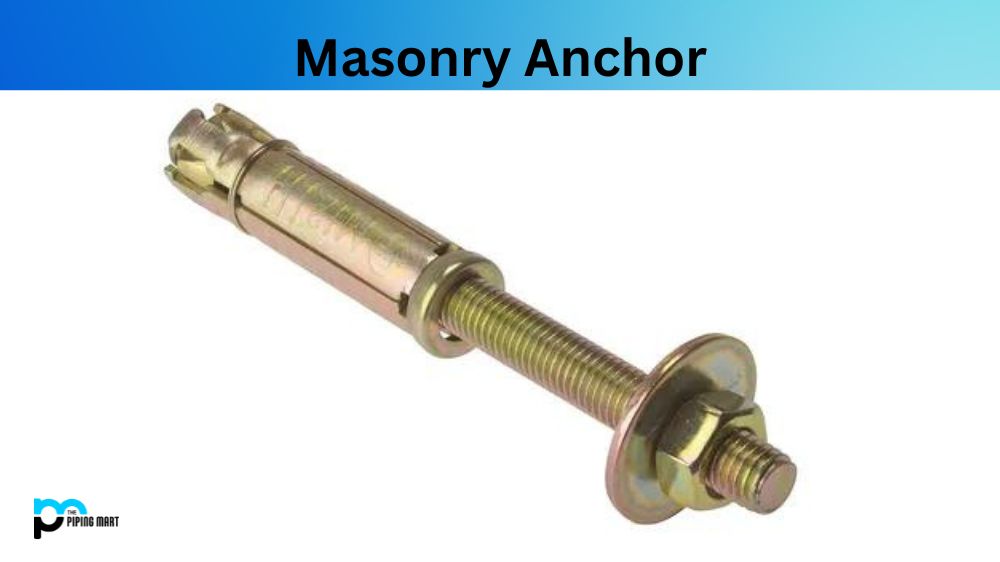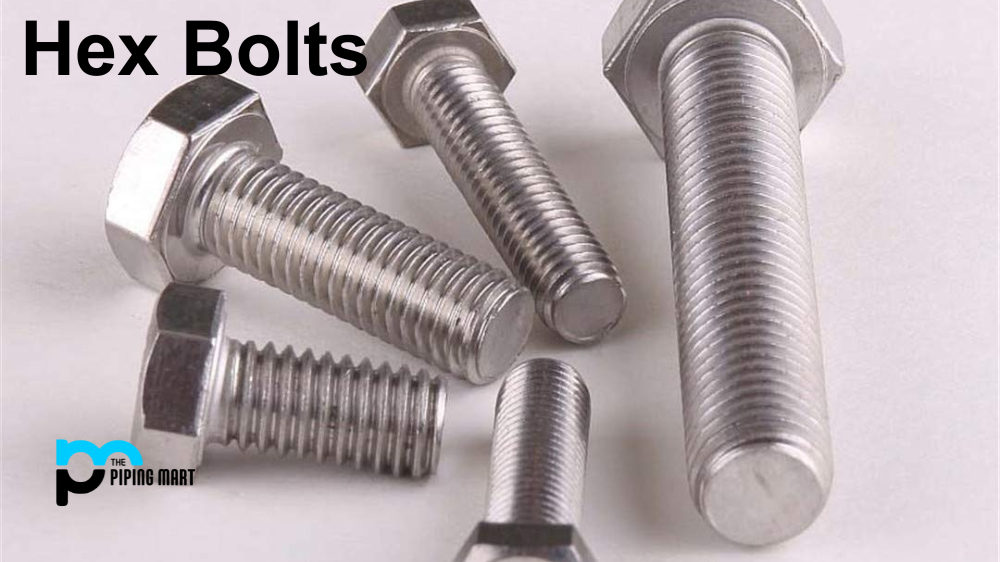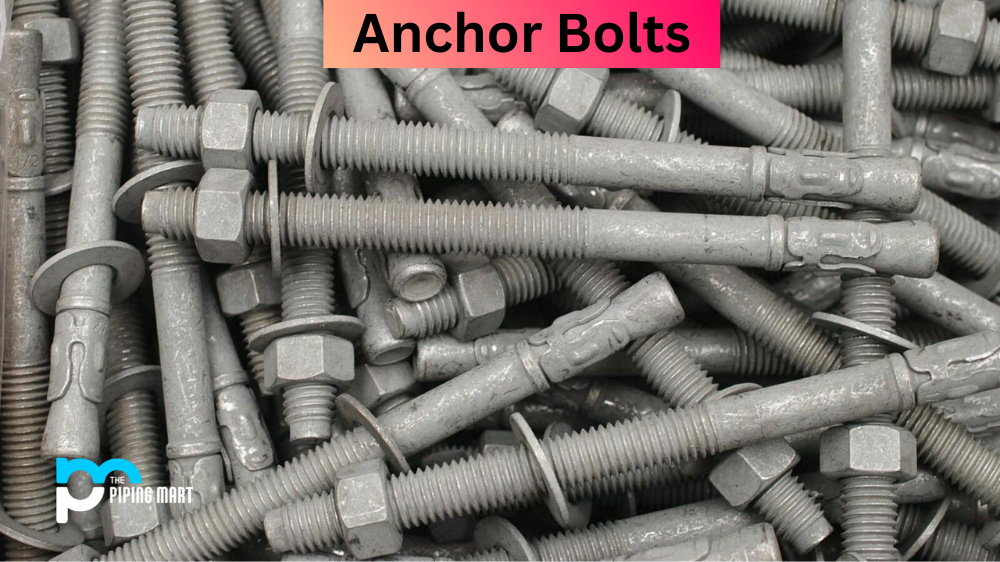Masonry anchors are essential tools for construction, whether for DIY projects or professional builds. These mechanical fasteners are inserted into masonry material to attach them to other surfaces, providing structural support and reinforcement. In this blog post, we explore masonry anchors’ properties, uses and applications to help you understand why they are important.
What is Masonry Anchor?
Masonry Anchor is an anchor used in masonry construction to secure fixtures, frames, poles and brackets onto brick, block or concrete walls. It provides a threaded hole into which a bolt can be inserted and tightened to create a stronghold. The most common types include wedge anchors, sleeve anchors and drop-in anchors. These mechanical fasteners are designed for heavy-duty applications like window frames, steel beams or structural supports. They provide the highest level of security while offering flexibility when it comes to installation, requiring only simple tools like hammer drills and wrenches instead of elaborate machinery.
Masonry Anchors Properties
Masonry anchors are made from metal, plastic and nylon materials, each with properties. The most commonly used material for masonry anchors is galvanized steel, which is preferred for its high strength and resistance to corrosion. Other properties of masonry anchors include their shape, size and length, which vary depending on the application. Some types of masonry anchors include wedge, sleeve, drop-in, and concrete screw anchors.
Masonry Anchors Uses
Masonry anchors are used in various applications, from securing furniture to fixing large machinery to walls. One common use of masonry anchors is to attach or hang items to masonry surfaces such as concrete, brick and block walls. For example, masonry anchors can fix shelves, picture frames, wall clocks, and other household items. Masonry anchors can also be used for more heavy-duty applications, such as fastening steel brackets or plates to masonry walls for mechanical equipment or structural reinforcement.
Masonry Anchors Applications
Masonry anchors have numerous applications in different fields, such as construction, civil engineering, and manufacturing. For example, masonry anchors are used in construction projects to attach steel plates to concrete walls, secure metal frames to brick walls, and fasten wooden beams to concrete floors. In civil engineering, masonry anchors install safety barriers, guardrails, and other structures on highways, bridges, and other public works. In manufacturing, masonry anchors attach equipment, machinery, and other components to walls and floors in industrial buildings.
How to Install Masonry Anchors
Installing masonry anchors requires precision and attention to detail. The first step involves drilling a hole in the material using a hammer drill and masonry bit. Once the hole is drilled, the anchor is inserted into the hole, and the nut and washer are tightened to secure the anchor. It is important to choose the appropriate size of masonry anchor for the job and follow the manufacturer’s instructions for installation. Before installing the anchor, clean the hole thoroughly to remove any debris that could affect the anchor’s performance.
Benefits of Using Masonry Anchors
Using masonry anchors has numerous benefits. First, they provide added support and reinforcement to masonry structures, increasing their strength and durability. Secondly, they are easy to install, requiring only basic tools and DIY skills. Additionally, masonry anchors are corrosion-resistant, making them ideal for use in high-moisture and corrosive environments. Lastly, masonry anchors are designed to handle heavy loads, making them suitable for various applications.
Conclusion:
In conclusion, understanding masonry anchors and their properties, uses, and applications is critical for anyone involved in construction, DIY projects or manufacturing. Masonry anchors provide a secure and durable fastening solution for various applications, from lightweight household items to heavy-duty industrial equipment. Proper installation and selection of the right anchor are essential to ensure the safety and longevity of the anchor and the structure. We hope this article has provided you with valuable information about masonry anchors and their use.




